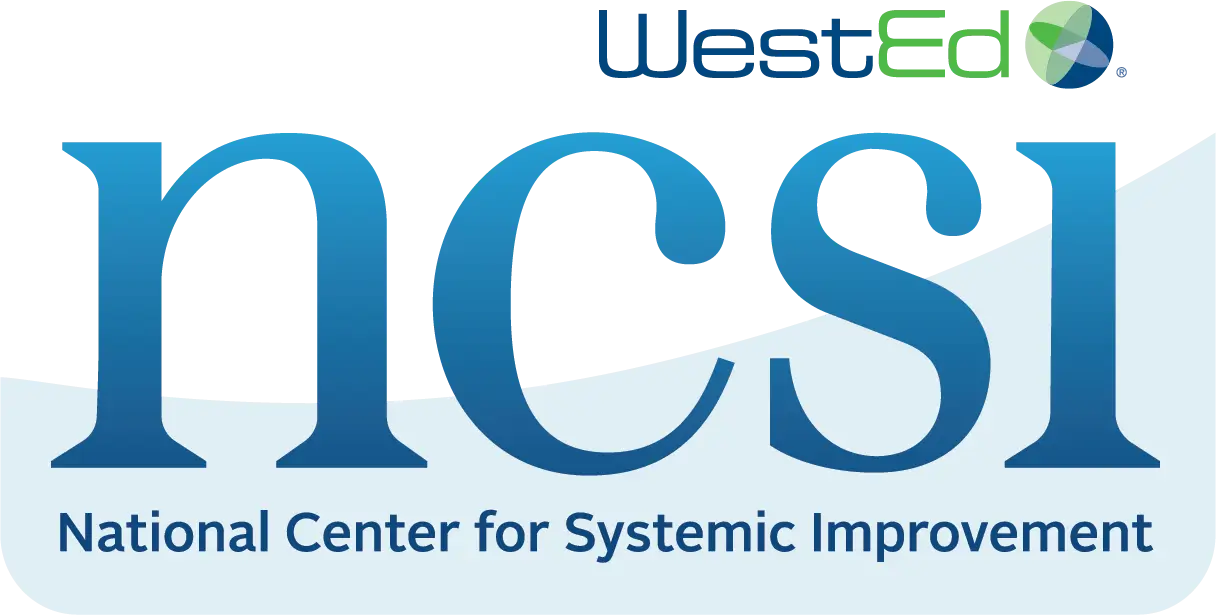Since 2012, the Rhode Island Department of Education has worked with the National Center on Intensive Intervention (NCII) to implement data-based individualization in reading, mathematics, and behavior for students with severe and persistent learning and behavioral needs. Rhode Island plans to leverage its ongoing work with NCII along with other efforts to tackle its State Identified Measurable Result (SIMR) that is focused on improving mathematics outcomes for students with disabilities. Learn more in this NCSI state spotlight.
Website
Spotlight / Impact Story

